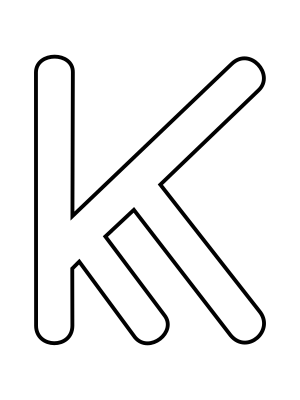I want to be well….
We all want to be well. We all want to be healthy. We all want to be “happy”. This of course means different things to each of us, but whatever that is, we want it! Why aren’t we? Why do have disease, pain, confidence problems, traumas, stress, you get the idea. Being a human is not easy, life throws us challenges. Sometimes the way we are living our life is actually detrimental to us. We think we are striving for things, when actually we are on the fast track to burnout, disease, overwhelm or just feeling out of control and not knowing why or how we got there.
The relationship between stress and illness is complex. There are a lot of variabilities including genetics, our coping styles and personality. A little bit of stress is supportive to our immune systems but chronic stress can affect our immune system leading to disease. There are 3 types of stress, environmental, psychological/emotional and biological. An event that causes illness in one person may not even affect another person. It’s our histories that determines which stress may affect us individually.
When we face a problem, we assess the seriousness of it and determine if we have the resources to deal with it. If we don’t believe we do, we then read it as being under stress. Emotional stress is thought to contribute to cancer, coronary heart disease, accidental injuries, respiratory disorders, and cirrhosis of the liver. Stress apparently accounts for somewhere around 75% of all GP visits!
There is a direct link between our immune systems, central nervous system and endocrine system. Newer medical research supports these links. Actually, Aristotle all those years ago, spoke of the connection between physical health, the brain and emotions. Stress alters our immunity.
Scientific study has shown that chronic stress leads to many diseases and illness. There’s often a correlation between traumatic life events and the onset of disease. The critical factor with stress, is its chronic effect over time. Chronic stressors may be frustration in a traffic jam, overloaded work commitments, arguments with your significant other or family problems. There are too many to list, I’m sure you have your own popping into your mind right now. So now think about the pent up anger you hold towards these situations, or indeed the guilt and resentment you are holding onto. These all produce the same effect on the hypothalamus, and instead of letting these stressors go, we hold them in our bodies, and the effects accumulate. Research shows that almost every one of our body’s systems are influenced by chronic stress. If we don’t release it, it suppresses our immune system and snowballs into illness.
Under normal circumstances, three minutes after a threatening situation ends, and the real or imagined danger is over, our fight/flight response subsides, the body relaxes and we return to homeostasis, our neutral state, whereby our heart rate, blood pressure, breathing, muscle tension, digestion, metabolism and immune system return to normal. However, if stress remains after the initial fight/flight reaction, our bodies enter a second stage, whereby the activity of the sympathetic nervous system declines and the adrenaline backs off, but crucially corticosteroid secretion continues at higher levels. If the stress conintues and the body is unable to cope, there is the chance of breakdown of our bodily resources.
This is when problems arise. This is when stress gets stuck in our body. This is when we may remain in a flight/fight or a freeze response. It’s hard to know where or how the stress is stored, and what issues it may evolve into. This is where Kinesiology comes in. Kinesiology may thought of as stress hunting. Your body actually does know where the stress is held, and via biofeedback, that is, asking your body, we can find the stress and release it. This then allows the body, the mind, the spirit to heal! We all want to be well, we all want to be healthy, we all want to be our version of happy. Why don’t you try a bit of Kinesiology now? Relax, take a few deep breaths, feel into an issue or pain that is with you now. Take a moment and feel into your body. Where is that sitting in your body? Notice the sensation, notice the image or colour or feeling that comes to you now. What is it saying to you? What does it need to heal? Listen to the answers, the guidance coming to you. That’s Kinesiology in action.
If you’d like to further your experience of Kinesiology and tap into your body’s wisdom, get in touch, or make an appointment today
Best,
Kim
Reference
https://www.ncbi.nlm.nih.gov/pmc/articles/PMC3341916/
Salleh MR. Life event, stress and illness. Malays J Med Sci. 2008 Oct;15(4):9-18. PMID: 22589633; PMCID: PMC3341916.

